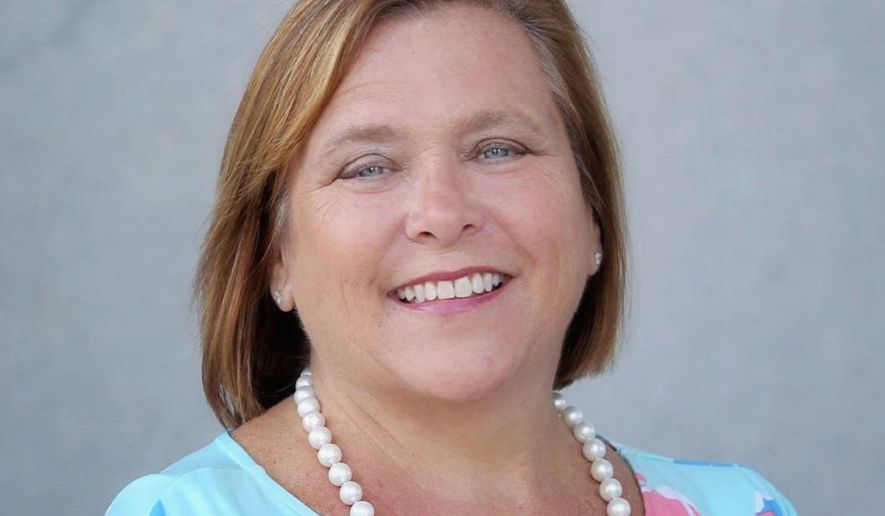OPINION:
The three key words that every municipal and elected official in the country will be focused on in 2021 are “respond, recover, rebuild.”
We have to respond to the needs of our communities both in terms of health and safety. When I started my career as a third-grade teacher here in South Carolina, I spent more time than most asking about hand washing. This is probably true for most teachers before this past year, when the importance of hand washing became part of the national conversation and everyone was reminded on a daily basis of its importance when we consider that clean hands are among our first defenses against viruses.
The key to proper hand washing: access to clean water.
We’ve experienced some difficulties with our drinking water due to algae blooms in my community. While the water in South Carolina’s Lake Murray has always been safe to drink, it has occasionally been affected by the algae and had issues with both its taste and smell. Not everyone can afford expensive filters or to stock up with bottled water (and we should be mindful about the number of single-use plastic bottles we use!). However, our utility and local water professionals have been able to implement new projects and procedures, which have safely delivered drinking water to our homes, schools, hospitals, and businesses. Knowing we have clean, safe water puts our citizens ahead of many others in our state and country that lack access to potable water.
We must focus on an equitable recovery that raises up every single person. In May, Lexington, South Carolina’s unemployment rate hit 8.1 percent. As we have seen elsewhere in communities across the country, the economic disruption of the pandemic has led to job loss and unfortunately the closure of many small businesses. As an elected official, part of my responsibility is to ensure and seek out opportunities for our community for their recovery as we deploy vaccines and hopefully start to regain our economic footing.
That responsibility goes hand-in-hand with my obligation to make sure that any projects that the town council approves using limited public resources are done properly. That’s why I sponsored a resolution at the National League of Cities that says local leaders are in the best position to know what their communities need. Too often, we get heavy-handed mandates from the state or federal government that aren’t useful or applicable to us, but we’re required to follow them.
In the case of drinking water, we want to make sure that the pipe materials we use in our system are the right pipes for our local conditions. There are a multitude of factors that go into pipe selection, and that decision should not be based solely on a mandate that dictates a pipe material be based on its perceived costs. A pipe that is cheaper in terms of initial costs may wind up more expensive if it breaks after just a few years of service because it was not suited to our specific area. Conversely, a pipe that is more expensive upfront could save ratepayers money over time if the pipe is of more durable, more reliable quality. In any case, the local experts know best what materials will work for their unique circumstance.
There’s an effort by some special interests to enact state and federal mandates that would require municipalities to base drinking water and wastewater system pipe decisions on just the initial costs. This is misguided and wrong. I’m glad the National League of Cities endorsed my resolution to trust the professional judgment of municipal engineers, utility professionals, and others involved in these decisions.
Looking ahead finally! to the rest of this new year, we have a chance in rebuilding our communities to right some wrongs. Among them, we can take a look at the kinds of projects we’re allocating funding toward and make sure that we’re incentivizing job growth and opportunities.
This past year has certainly been a traumatic and trying one that has forced us to reevaluate and prioritize what really matters. For instance, we all learned that our individual actions can greatly impact someone else’s health and we need to be mindful to do what we can to support one another when we respond to crisis. A second lesson we’ve learned is that our communities and neighborhoods are resilient. As we move forward in our recovery from the challenges of this past year, we should expect that same resilience from the pipes that convey drinking water to ensure that they are strong and will last generations. After all, good health begins with good hygiene.
• Kathy Maness is President of the National League of Cities and a town councilwoman for Lexington, SC.




Please read our comment policy before commenting.